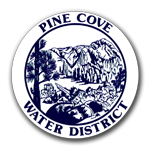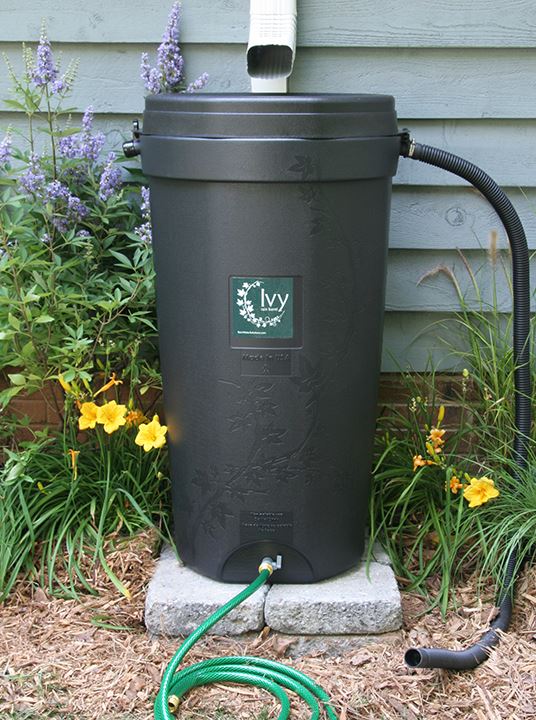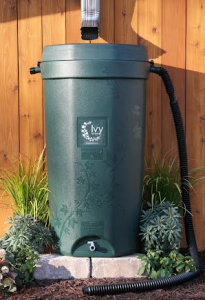Posted by admin on February 7, 2014
With the drought continuing to strengthen it’s grip on California, gardeners are wondering how they will be able to maintain their gardens in the coming years. Here in Pine Cove, we are a step ahead because we do not typically have large lawns to worry about maintaining. But even so, many residents do like to garden and even grow some of their own food. Now is the time to start thinking about spring projects and what you can do to conserve water in the garden.
If you have an existing garden, there are several things you can do to reduce the amount of water you use in the garden. First, be sure to add compost to your existing garden. Soil that is high in organic matter stays moist longer. Improve your soil by adding a source of organic material such as compost or well rotted manure. If you consistently work to improve your soil each season, the texture and water holding capacity of your soil will increase and your garden will require less water. In order to make this easier for you, we have wonderful compost available to our customers for free!
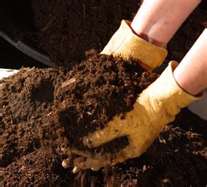
Once you have amended your soil, it is time to add some mulch. Why you ask? Well, mulch accomplishes three things. First, it adds a source of organic material which, although it is not rotted and therefor not readily available to the plants, will eventually improve the structure and the water holding ability of the soil. Second, it slows surface evaporation so you will water less and third, it helps to smother weeds, making your gardening easier! As it happens, we also have mulch available to our customers for free as well!
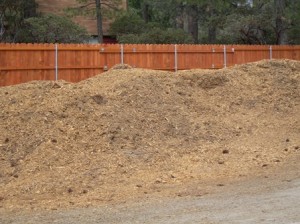
Another wonderful thing you can do to help keep your garden looking good throughout the summer is to harvest rainwater. This can be as simple as a rain barrel under your down spout or shallow trenches to divert the rainwater to the garden. You can add swales and berms strategically placed throughout your garden in order to keep rainwater from running off your property. You can even go so far as to install a large water storage tank either above ground or underground in order to store thousands of gallons of rain water. For more rainwater harvesting information, go to Brad Lancaster’s website at http://www.harvestingrainwater.com. He has lots of information and tips on rainwater harvesting.
Rain water is FREE water. That’s right. Just catch it, store it and use it. If you do a search for rain water harvesting online, you will find a treasure trove of information and lots of examples on how to set up rain harvesting system. By using your roof water you will reap water benefits from even a gentle rain by capturing all of the water that falls onto your roof surface.
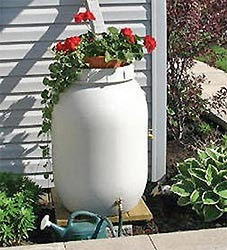
Finally, install a drip irrigation system which will deliver water directly to the plants root zone instead of watering the entire surface of the garden. Although a drip irrigation system can be expensive initially it will certainly pay off in drastically reduced water use if you intend to grow a garden year after year. The hoses, emitters, fittings and valves must be laid out to deliver the water to each plant. If you can’t afford to install a drip system, an easy alternative is to use soaker hoses that allow water to seep through the porous material along their entire length. They are less expensive to install and you can put them under the mulch to prevent evaporation. Both methods are better alternatives than sprinklers or letting the hose run.
Remember, we are all in this drought together and each of us plays a very important part in conserving our water.
Next week, I will discuss the virtue of raised bed gardens and container gardening.
Tags: berms and swales, compost, drip irrigation, garden, mulch, water barrel
Posted in: Compost, Conservation, Customer Infomation, From the Office, Garden, Mulch, Rain Barrels, Rain Water Harvesting, Water Conservation
